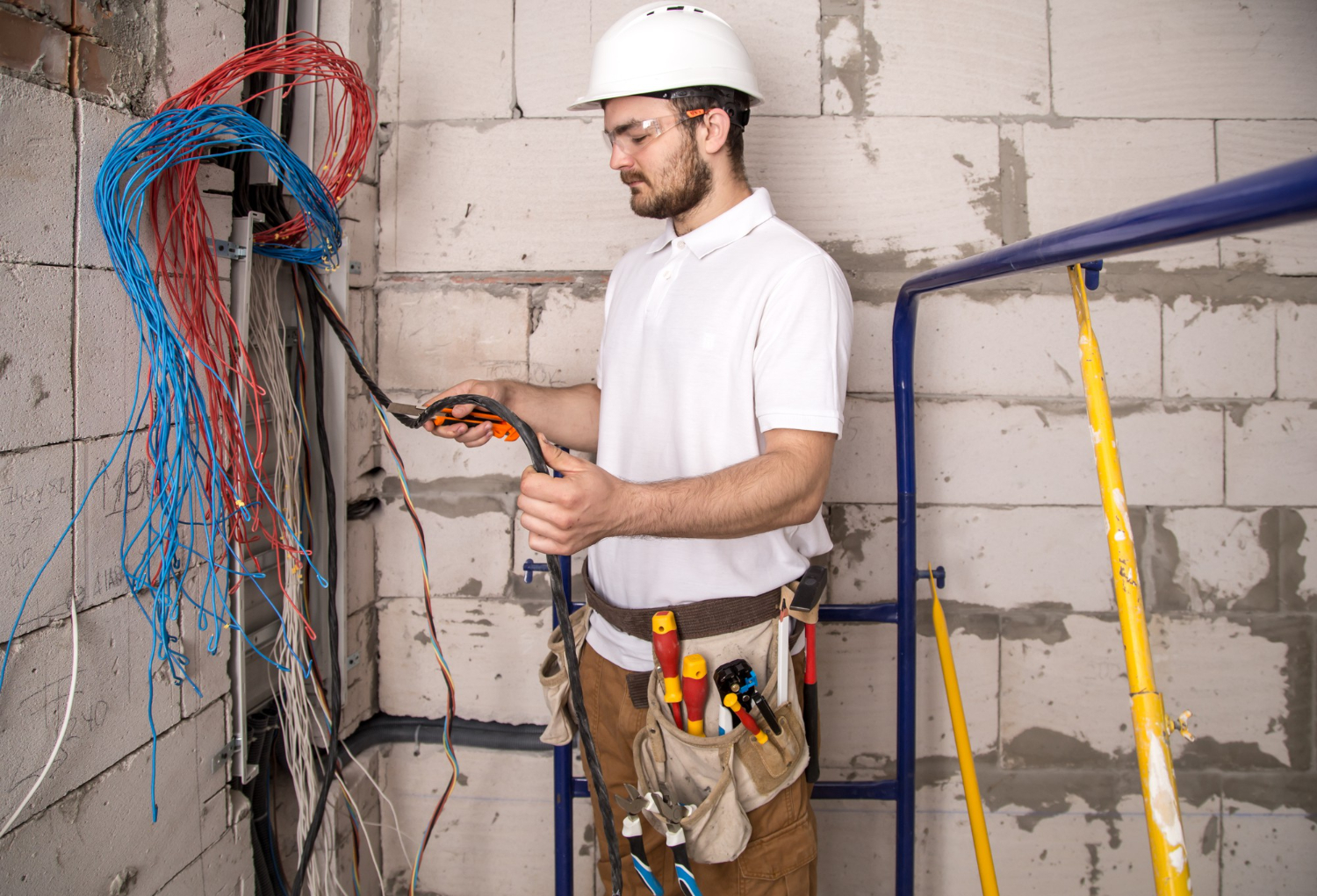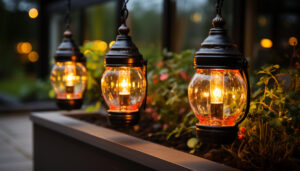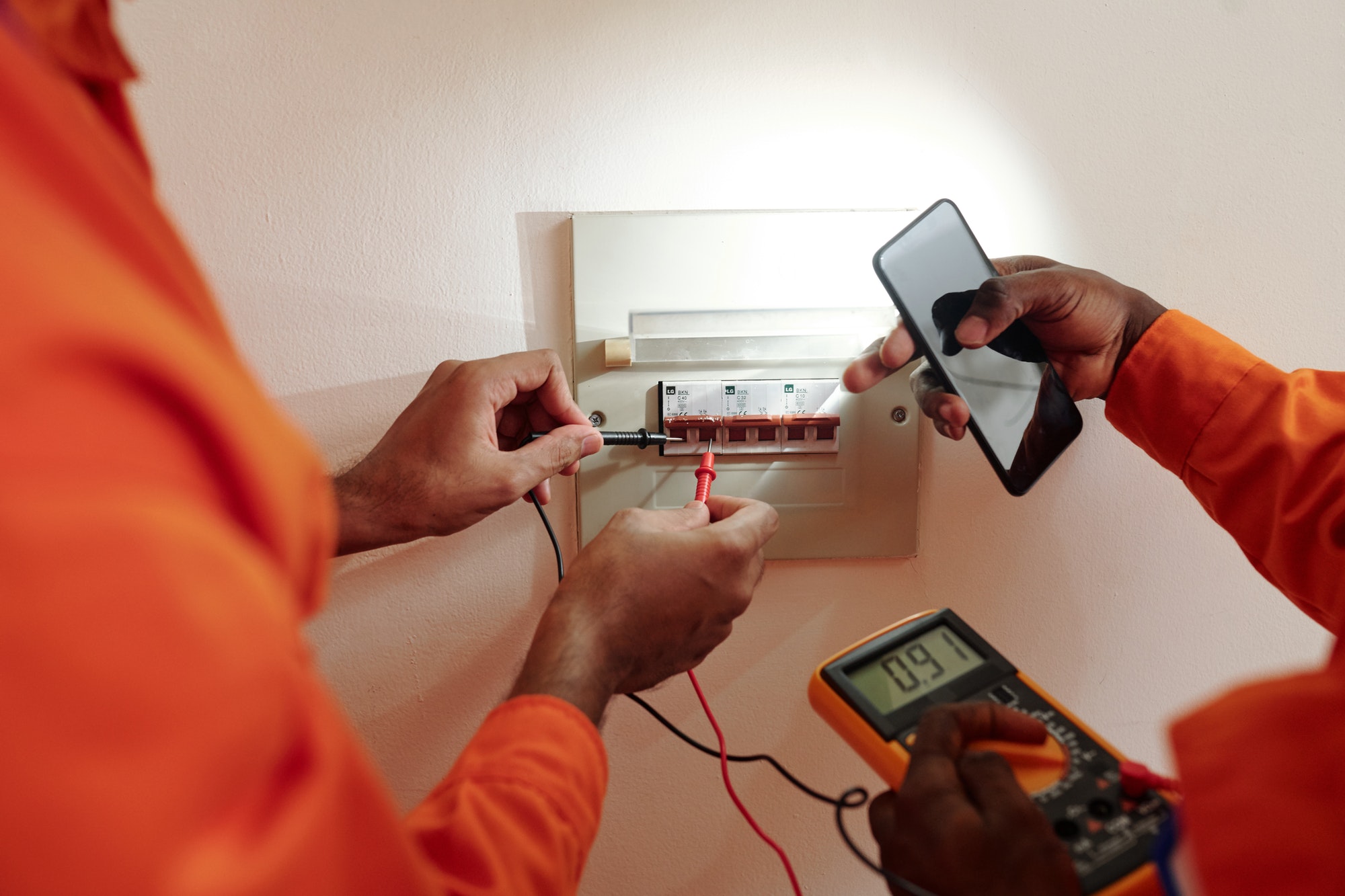When it comes to ensuring the safety and efficiency of electrical systems in your property, choosing the right electrical wiring is paramount. The selection of proper wiring not only supports the functionality of appliances and fixtures but also minimizes the risk of electrical fires and other hazards. This guide will help you understand the key factors to consider when selecting electrical wiring for your property.
- Understanding Wire Material
The two most common materials used for electrical wiring are copper and aluminum. Each has its advantages and disadvantages:
Copper: Copper is the most popular choice due to its excellent conductivity and durability. It is less likely to overheat, making it safer and more suitable for most residential and commercial buildings. However, copper wiring is generally more expensive than aluminum.
Aluminum: While aluminum conducts electricity well, it is not as efficient as copper. It’s lighter and less expensive, but it is also more susceptible to heat buildup and requires more maintenance. Aluminum wiring is often used for larger, industrial applications where the cost of copper would be prohibitive.
- Wire Gauge and Capacity
The gauge of the wire indicates its thickness and directly relates to how much current it can safely carry. Common residential wiring typically uses gauges ranging from 14 to 10:
14-gauge wire is usually used for light fixtures and receptacles.
12-gauge wire is suitable for general home circuits.
10-gauge wire is appropriate for heavy-duty appliances such as air conditioners and stoves.
It’s crucial to choose the correct gauge to prevent the wires from overheating. Using a wire that is too thin for a particular application can lead to serious safety hazards.
- Wire Insulation
Insulation is critical as it protects the wire’s conductive core and minimizes the risk of electric shock or fire. Different types of insulation are suited to different environments:
PVC (Polyvinyl Chloride) is the most common form of insulation for indoor wiring due to its durability and resistance to fire.
XLPE (Cross-Linked Polyethylene) offers excellent resistance to heat, making it ideal for high-temperature areas.
TPE (Thermoplastic Elastomer) is often used in environments where the wire might be subject to abrasion or chemical exposure.
- Color Coding
Electrical wires come in various colors, each indicating its purpose within the circuit. For instance:
Black wires are typically used for power in all circuits.
Red wires signify a secondary live wire in 240-volt installations.
White wires usually indicate a neutral wire.
Green or bare copper wires are used for grounding to help prevent electric shock.
Understanding the coding can help in both installation and maintenance, ensuring connections are made correctly.
- Environmental Conditions
Consider the environmental conditions of your property before selecting the wiring. For example, if the wiring will be exposed to moisture or extreme temperatures, you’ll need to choose materials that are resistant to these factors. Outdoor installations might require wires with robust insulation or a protective conduit. - Compliance with Standards
Ensure that the electrical wiring you choose complies with local codes and standards. These regulations are designed to ensure safety and efficiency and can vary significantly from one place to another. Consulting with a professional electrician who is familiar with these standards is advisable.
Conclusion
Choosing the right electrical wiring is not just a matter of cost but also a significant safety investment. By considering the material, gauge, insulation, color coding, environmental conditions, and compliance with local standards, you can ensure that your electrical system is safe, efficient, and up to code. Always remember that working with electricity can be dangerous, and hiring a qualified electrician is recommended for installation and major electrical work.







